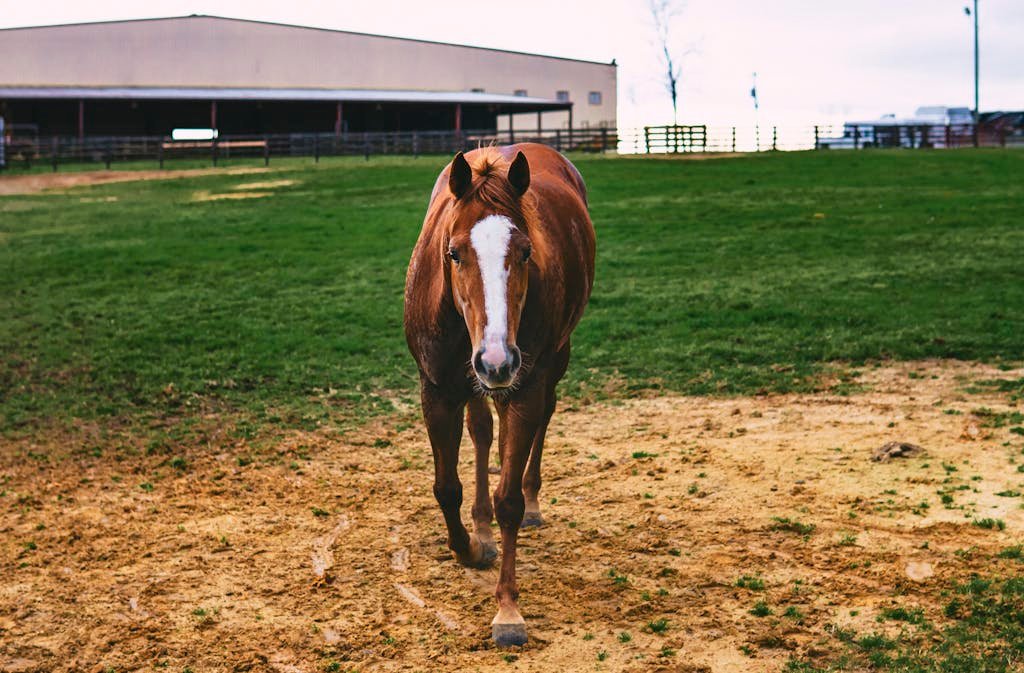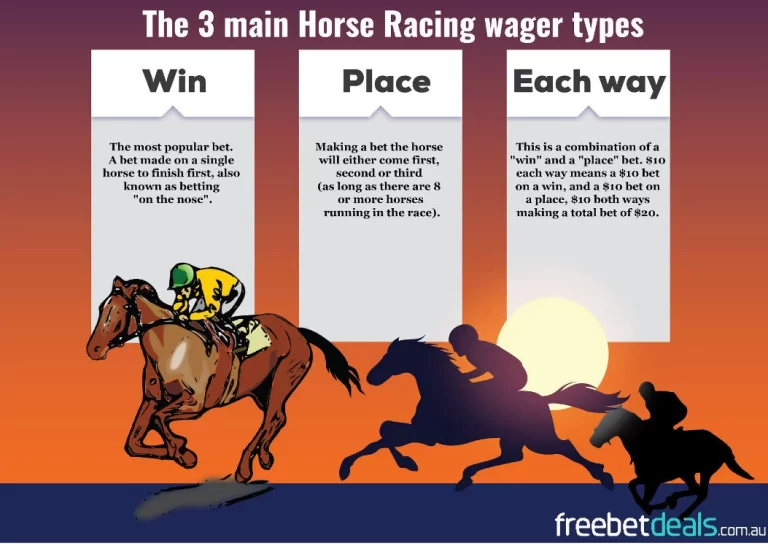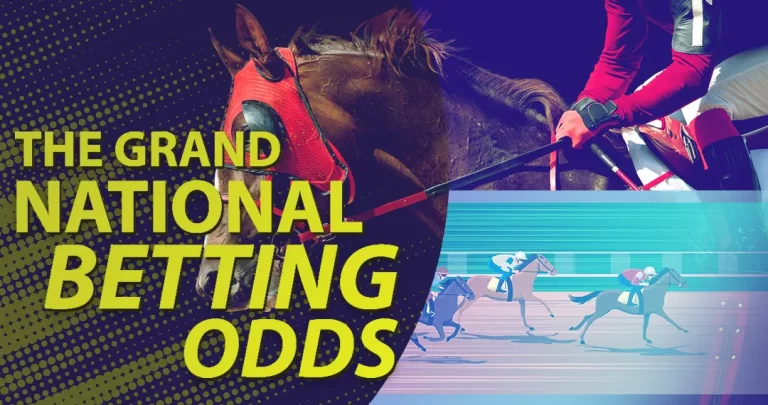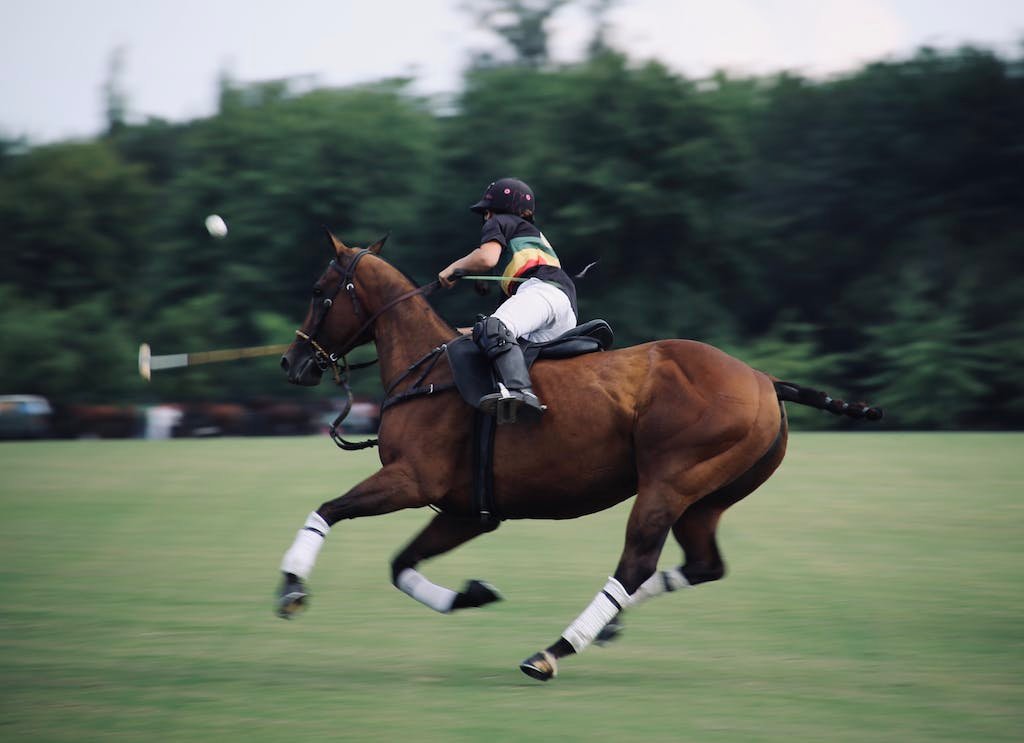Grand National Myths Debunked: Separating Fact from Fiction

The Grand National: A Race Shrouded in Myths
The Grand National is one of the most prestigious and thrilling horse racing events in the world. With its rich history and challenging course, it has captured the imagination of racing enthusiasts for decades. However, like any popular event, the Grand National myths has its fair share of misconceptions. In this article, we will debunk some of the most common myths surrounding the Grand National and separate fact from fiction.
Myth 1: The Grand National is the most dangerous horse race in the world
One of the biggest misconceptions about the Grand National myths is that it is an extremely dangerous race for both horses and jockeys. While it is true that the race has its risks, the safety of the horses and riders is of utmost importance to the organizers. Over the years, significant changes have been made to the course and the race conditions to ensure the welfare of the participants. The fences have been modified to make them more forgiving, and the welfare standards for the horses have been greatly improved. In fact, the race has seen a significant decrease in fatalities in recent years, thanks to these measures.
Myth 2: The Grand National is only for experienced jockeys
Another common myth surrounding the Grand National is that it is a race exclusively for seasoned jockeys. While it is true that the race requires skill and experience, it is not limited to a select few. In fact, the Grand National offers an opportunity for talented jockeys to make a name for themselves. Many successful jockeys have had their breakthrough moments at the Grand National, and the race has a long history of surprising winners. It is a test of both skill and luck, making it an exciting prospect for jockeys of all levels of experience.
Myth 3: The favorite always wins the Grand National
Contrary to popular belief, the favorite does not always come out on top in the Grand National. The race is known for its unpredictability, and many outsiders have emerged as victors over the years. While the favorites do have a statistically higher chance of winning, the Grand National has seen its fair share of upsets and underdogs triumphing against the odds. It is this element of surprise that makes the race so thrilling and captivating for spectators.
Myth 4: The Grand National is all about luck
While luck does play a role in the outcome of any horse race, the Grand National is not solely determined by chance. The race requires a combination of skill, strategy, and a deep understanding of the course. Jockeys must make split-second decisions, navigate challenging obstacles, and pace their horses effectively. It is a true test of horsemanship and athleticism, and the winner is often the horse and jockey combination that demonstrates the best combination of these qualities.
Myth 5: The Grand National is all about the betting
While betting is undoubtedly a significant aspect of the Grand National, it is not the sole focus of the event. The race itself is a spectacle that attracts millions of viewers from around the world, regardless of whether they place a bet or not. The Grand National is about celebrating the sport of horse racing, witnessing incredible feats of athleticism, and experiencing the thrill of competition. It is a unique event that brings people together, regardless of their interest in gambling.
Separating Fact from Fiction
As with any popular event, the Grand National has its fair share of myths and misconceptions. By debunking these myths, we can gain a better understanding of the race and appreciate it for what it truly is: a thrilling and prestigious event that showcases the skill and athleticism of both horses and jockeys. So, the next time you watch the Grand National, remember to separate fact from fiction and enjoy the race for all its excitement and spectacle.






